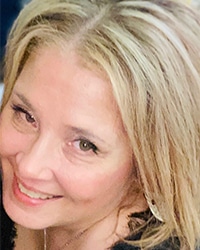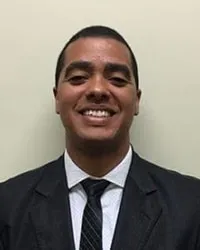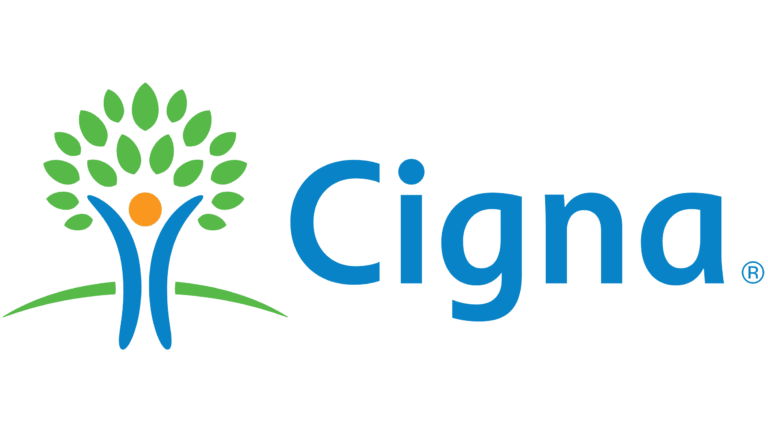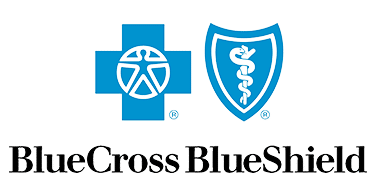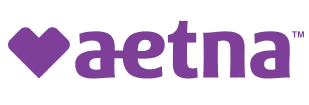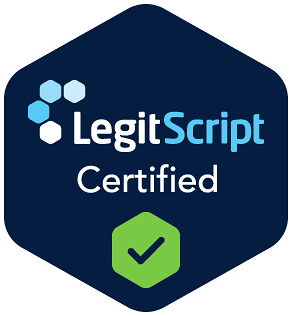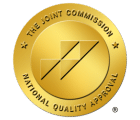As of 2016, 116 Americans were dying from overdoses of prescription opiate drugs per day. This represents a steady year-over-year increase, beginning in the later part of the first decade of the current century.
Today, the situation is even more dire, widely labeled an epidemic because of these drugs’ effects on communities in every region of the country. Addiction is widespread, and the addiction treatment community is struggling to treat at-risk opiate users effectively at the rate at which new cases emerge.
Here, we’ll talk a little more about the far-reaching effects of the opiate epidemic, and how Palm Beach Recovery Center is able to effectively treat addiction to these drugs.
What Are Opiates?
The word ‘opiates’ refer to drugs derived from the opium poppy. Today, the terms opiate and opioid are used interchangeably, referring most commonly to prescription drugs of the same class and formation. These drugs are powerful painkillers broken into several classes. There is also one well-known illicit opiate, heroin. Heroin has no medical purposes but is, unfortunately, turned to by many as a cheaper and strong replacement for prescribed opiates. These drugs are extremely addictive and are often given for acute and chronic pain.
The problem is that once patients start taking opiates for pain, they have trouble stopping. Addiction can start fast, meaning that once a patient no longer has access to the drugs when their prescription ends or they can no longer afford it, they often turn to more harmful street drugs such as heroin and fentanyl. Fentanyl, while it has appropriate medical uses, and an extremely powerful painkiller which is often being mixed into batches of illicit drugs, meaning no two doses of street drug are the same. It is suspected to be an major cause of unintended overdoses.
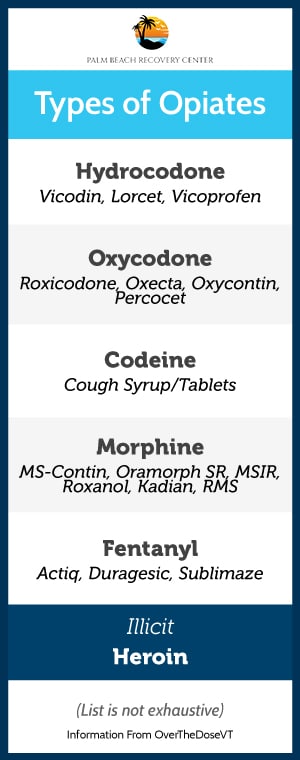
How Did the Epidemic Begin?
In the 1990s, companies started to market a new way to treat pain. Companies like Purdue Pharma, the maker of OxyContin, claimed that opioid pain relievers weren’t addictive, claims that later led to numerous legal losses for Purdue and other pharmaceutical companies.
Once these drugs started to become more common, addiction to them started to increase. In the latter part of the first decade of the 2000s, serious problems started to get noticed.
According to the CDC, a dangerous trend has been observed over the past few decades. Between 1999 and 2014, there wasn’t a noticeable increase in pain reported by American patients, but opioid sales nearly quadrupled.
This has led us to where we are today. More people dying from opiate overdoses nationwide, and 80 percent of heroin users report that they abused prescription opiates before moving onto their current drug of choice.

So How Can the Treatment Community Respond?
According to the National Institute on Drug Abuse, medically-supervised detox is a crucial step in the process of recovery. Drug detox is not only unsuccessful when done without supervision, it can be extremely dangerous, as the process of detoxing from a number of different drugs (opiate detox included) can have life-threatening side effects.
Palm Beach Recovery Center treats patients who are suffering from addiction to opiates and other substances by giving them a place to safely and successfully detox from their substance of choice in a supportive and comfortable environment.
We support our patients during drug detox by allowing them to stay in our facility, as we approach the process from a holistic standpoint. This means that we support the process of opiate detox using methods that don’t just help a patient get clean but become a healthier person in all aspects, including yoga, music, art, and more.
If you or a loved one are suffering from addiction to prescription opiates or street varieties, please call Palm Beach Recovery Center at (561) 567-8252.
